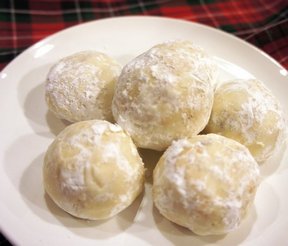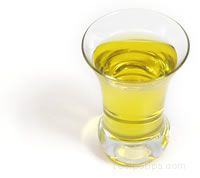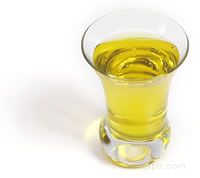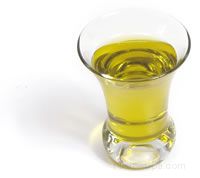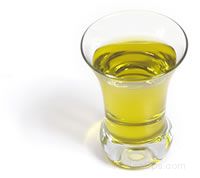Similar Content to: Coconut Milk
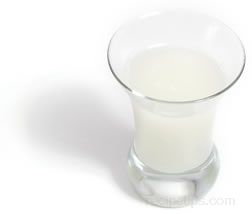
A light colored oil pressed from the "copra" (meat) of a coconut. It solidifies at room temperature and has a buttery texture. Coconut oil is very popular in India and Southeast Asia.
In the United States, coconut oil is most often used in commercially prepared products such as cookies, candies, ice cream, whipped toppings, and nondairy coffee creamers. However, because of the high level of saturated fat found in coconut oil (92%), many commercial bakers have switched to unsaturated fats to satisfy the increased concern of consumers requiring foods with lower levels of saturated fat.
It is generally agreed among nutritionists and health professionals that foods with high levels of saturated fats should be avoided, but this may not be true with coconut oil. There are several studies that have indicated that the saturated fat in coconut oil metabolizes in the body similar to an unsaturated fat and as a result, LDL (bad) cholesterol will not increase.
Most vegetable and animal fats are LCT's (Long-Chain Triglycerides). After digestion, the body deposits LCT's into the fat cells. About 50% of the fatty acid composition in coconut oil is lauric acid, which is a MCT (Medium-Chain Triglyceride). MCT's metabolize much like a carbohydrate: they digest rapidly and they are used for immediate energy rather than being stored as fat. As a result, a greater quantity of coconut oil can be consumed before it is stored as fat. Some studies have indicated that adding coconut oil to the diet may contribute to weight loss because it satisfies hunger and decreases the appetite. Some people have noticed steady weight loss over a period of months. People who have problems in receiving adequate nourishment, such as AIDS patients, have benefited from the addition of coconut oil to their diets. There is also evidence that because coconut oil is digested much like a carbohydrate, it may improve athletic performance and endurance.
Despite all of the studies and individual testimonials, there are an equal number of health professionals and organizations that disagree with the claims of the positive effects associated with coconut oil. In promoting healthy food choices, both the USDA and the FDA recommend a diet low in saturated fat and the American Heart Association is skeptical concerning the studies indicating the health benefits of coconut oil. It is evident that more scientific studies will be necessary before the claimed health benefits of coconut oil can be proven.
There is little debate concerning the positive effects that coconut
oil has on the skin. It creates a slight acidity on the skin, which
helps to limit pathogens from entering the skin. It lubricates and
protects the skin keeping it moisturized and healthy. Coconut oil
is widely used in the manufacture of various cosmetics, soaps, lotions,
and suntan oils.






